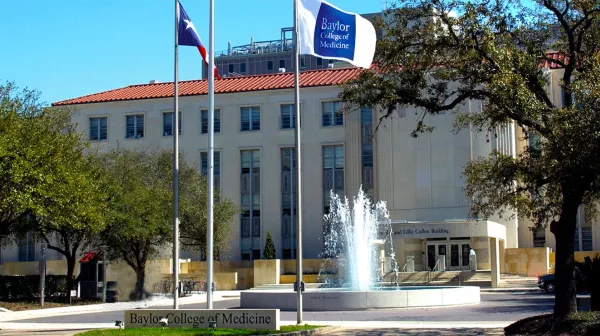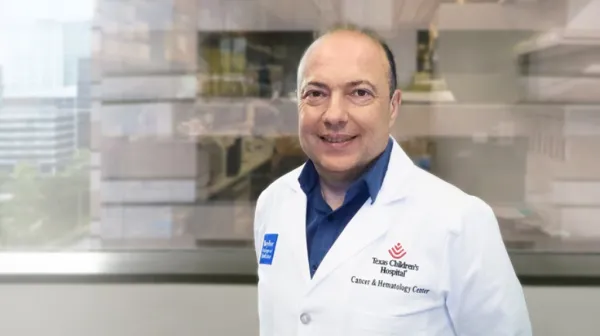Leonid S. Metelitsa, MD, PhD
- Cancer and Blood Disorders

Endowed Chair in Cancer Immunotherapy, Texas Children's Hospital
Director, Center for Advanced Innate Cell Therapy
Associate Director, Texas Children's Cancer Center
Co-Director, Neuroblastoma Program
Professor, Department of Pediatrics, Division of Hematology-Oncology, Baylor College of Medicine
Office location:
1102 Bates Avenue
Houston, TX 77030
Get to know Leonid S. Metelitsa, MD, PhD
Education
| School | Education | Degree | Year |
|---|---|---|---|
| Children’s Hospital Los Angeles/Keck School of Medicine, University of Southern California, Los Angeles, CA | Post-doctoral Fellowship | Research Training | 2002 |
| N.N. Blokhin Memorial Cancer Research Center of Russian Federation, Moscow, Russia | PhD | Doctor of Philosophy | 1995 |
| Tver State Medical University, Tver, Russia | Medical School | Doctor of Medicine | 1992 |
Organizations
| Organization Name | Role |
|---|---|
| American Association of Immunologists (AAI) | Member |
| American Society of Clinical Investigation (ASCI) | Elected Member |
| American Society of Gene & Cell Therapy (ASGCT) | Member |
Honors and awards
- 2025
-
Clinical Innovation Impact Award
- 2024
-
Michael E. DeBakey, M.D., Excellence in Research Award, Baylor College of Medicine
* Texas Children’s Hospital physicians’ licenses and credentials are reviewed prior to practicing at any of our facilities. Sections titled From the Doctor, Professional Organizations and Publications were provided by the physician’s office and were not verified by Texas Children’s Hospital.
Highlights
Research Area:
Immunotherapy
Neuroblastoma
Center for Advanced Innate Cell Therapy
Solid Tumors
Dr. Leonid Metelitsa’s research focuses on understanding the role of Vα24-invariant natural killer T (NKT) cells in tumor immunity and translating this knowledge into NKT cell-based cancer immunotherapies. His group was the first to demonstrate that NKT cells localize to primary tumors in human patients and that presence of these cells at the tumor site is associated with favorable outcomes in the clinic (Metelitsa et al., JEM, 2004). Further studies revealed the underlying mechanistic basis of NKT cell tumor localization and function in the tumor microenvironment (Song et al., JCI, 2007; Song et al., JCI, 2009, Liu et al., JCI, 2012).
Based on the knowledge gained from studying NKT cell immunobiology, he has developed original technologies and processes for NKT cell isolation, genetic modification with chimeric antigen receptors (CARs), and ex vivo expansion to clinical scale (Heczey et al., Blood, 2014; Tian et al., JCI, 2016; X. Xu et al., Clin Can Res, 2019). These efforts have resulted in initiation of first-in-human CAR NKT cell clinical trials using autologous (NCT03294954; Heczey et al. Nat Med, 2020) or allogeneic (NCT03774654) NKT cells that are ongoing.
Research interests
Neuroblastoma, solid tumors, immunotherapy, Vα24-invariant natural killer T (NKT) cells, chimeric antigen receptors, immunobiology of neuroblastoma, cancer vaccines





